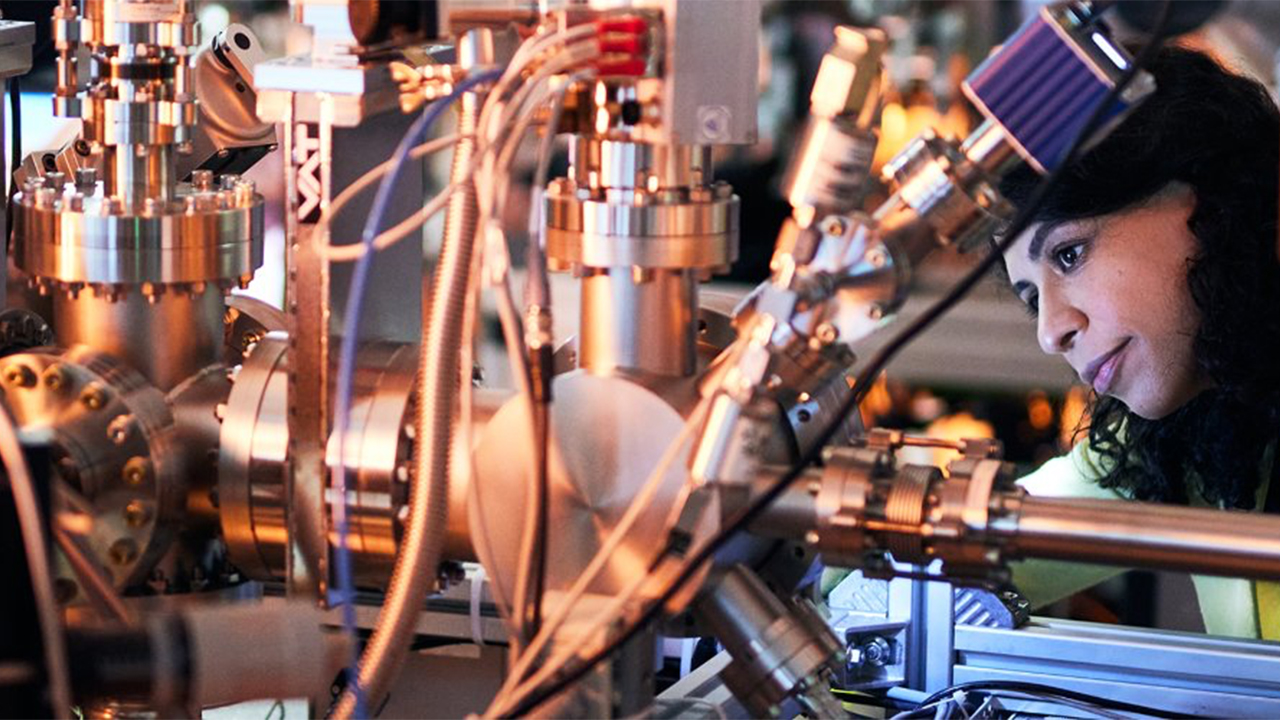Dutch government minister talks about China's military advantage — May point to stricter sanctions in the future
China could take military advantage of sophisticated chips, says Dutch minister.

Although the Dutch government banned exports of some of ASML's most advanced deep ultraviolet (DUV) lithography tools to China, the company still ships lithographic systems worth tens of billions of dollars to its Chinese customers. But a recent note from the Dutch trade minister highlights fears that ASML's tools could be used to advance Chinese military, reports Reuters.
"China focuses on foreign expertise, including Dutch expertise in the field of lithography, to promote self-sufficiency in its military-technical development," wrote Geoffrey Van Leeuwen, trade minister of the Netherlands, in a note seen by Reuters. "[Advanced chips made using ASML's tools can be used for] high-value weapons systems and weapons of mass destruction."
As a result, the Dutch government should center its attention on "the risk of undesirable end use" when reviewing export licensing decisions said Van Leeuwen. This may indicate that the country is reassessing its stance about China and may further restrict sales of chipmaking tools to the People's Republic.
Despite the licensing requirement introduced in September, the Dutch government has approved several licenses for exporting advanced semiconductor equipment to China (and revoked some others). It is anticipated that around 20 such requests will be made this year, although it is unclear how many will be from China.
Recently ASML warned that further restrictions against China's chipmakers will have an impact on its business.
Chinese companies are building dozens of new fabs and 18 of them are expected to come online in 2024. Many will focus on mature process technologies, but some of them are set to adopt fairly advanced 28nm-class production nodes. Meanwhile, there are rumors that the U.S. government was looking into banning the export to China of tools that could be used to build 28nm chips. If the U.S. makes such a decision, it will need support from its allies from Japan, the Netherlands, Taiwan, and South Korea, which may force these countries to reassess their stance on development of China's semiconductor sector.
It is noteworthy that some of the Dutch politicians question economic risks associated with ASML's business with Chinese chipmakers.
"The perception is also that besides the security risk, that there are also economic reasons behind it." lawmaker Femke Zeedijk told Reuters without elaborating which economic risks he mentioned.
Get Tom's Hardware's best news and in-depth reviews, straight to your inbox.

Anton Shilov is a contributing writer at Tom’s Hardware. Over the past couple of decades, he has covered everything from CPUs and GPUs to supercomputers and from modern process technologies and latest fab tools to high-tech industry trends.
-
Notton I didn't know that 28nm was considered "fairly advanced".Reply
Meanwhile, GloFlo's fairly dated 12nm is losing customers.